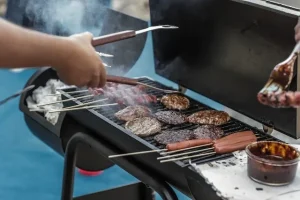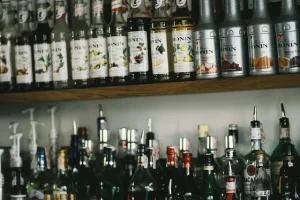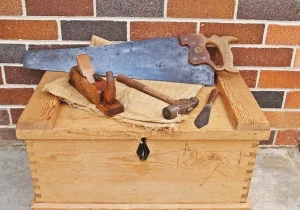“G’DAY MATE!”When my family and I first arrived in Australia, the vibrant energy of the country greeted us like a warm embrace. The landscapes were breathtaking, the people were friendly, and the culture was rich and diverse. However, as new immigrants, we quickly realized that there was a lot to learn beyond the sights and sounds. One of the most intriguing aspects of our new life was the unique way Australians communicate, especially through their slang.Before our move, I had heard whispers about the “Aussie slang,” but nothing could prepare me for the delightful tapestry of expressions that would soon become part of our everyday life. From our very first encounter with locals, it was evident that Australians have a knack for brevity and wit, transforming the English language into a playful, informal dance. As we began to immerse ourselves in this new environment, we encountered an array of terms and phrases that left us both amused and sometimes bewildered.
The Language of Connection
As we settled into our new home, the challenge was not just to navigate our surroundings but also to connect with the locals. Whether we were searching for a rental property, applying for jobs, or enrolling our daughter in school, understanding Aussie slang became essential. I vividly remember my first conversation with a colleague who casually mentioned that her son worked at “Maccas.” I smiled politely, nodding along, but later found myself bewildered at home, asking my husband, “Where’s Maccas?” It turned out to be McDonald’s, a term so familiar yet so foreign in that moment!Moments like this were common as we adapted to our new life. It was clear that learning these slang terms would help us bridge the gap between being outsiders and becoming part of the Australian community. After all, language is a powerful tool for connection, and what better way to make friends than to speak their language?
Our Slang Survival Guide
To ease our transition, I compiled a list of some of the most common Australian slang terms we encountered. I hope this guide serves as a helpful resource for anyone starting their own journey in Australia. Here’s a collection of words that quickly became part of our vocabulary:

- Barbie – Barbecue
- Ta – Thank you
- Arvo – Afternoon
- Bathers – Swimsuit
- Brekky – Breakfast
- Chook – Chicken
- Crook – being sick
- Lollies – Sweets
- Mozzie – Mosquito
- No worries – No problem
- Sickie – Sick leave
- Sunnies – Sunglasses
- Tea – Dinner
- Mate – Friend
- Bloke – Man or guy

- Bottle-o – Liquor shop
- Avo – Avocado
- Bikkie – Biscuit
- Thongs – Flip-flops
- Kindie – Kindergarten
- Servo – Gas station
- Bloody – Very
- Snag – Sausage
- Pressie – Present/Presentation
- Chokkie – Chocolate
- Chrissie – Christmas
- Footy – Football
- G’day – Hello
- Runners – Sneakers
- Jumper – Sweater
- Icy pole – Popsicle
- Milk bar – Local general store
- Rego – Registration (Car)

- Tradie – Tradesman
- BYO – bring your own
- Docket – bill, receipt
- Fairy Floss – Cotton Candy
- Devo – Devastated
- Far out – Really?
- Stoked – Happy, Pleased
- Ambo – Ambulance
- Telly – Television
- Straya– Australia
- Oldies – Parents
- Shiela – Woman or female
- Chewie – Chewing Gum
- Lappy – Laptop
- Yakka – Hard Work
- Roo – Kangaroo
- U-ey– U-turn
Conclusion: Finding Our Place
There you have it! These are just a glimpse into the world of Australian slang that we’ve encountered in our everyday life. It’s more than just words; it’s a reflection of the culture, humor, and camaraderie that define Australia. Each term we learned brought us closer to understanding and integrating into the community, making our new home feel just a little bit more familiar.Looking back, I can’t help but feel grateful for the experiences that came with learning these slang terms. Each encounter, each laugh shared, and each question asked helped us build connections with our new neighbors and friends. It’s a testament to how language can bring people together, creating bonds that transcend borders and cultures.As we continue our journey in this beautiful country, we carry with us not just the knowledge of its slang but also a deeper appreciation for its people and their way of life. I hope this list helps you navigate your own adventures in Australia, making your transition as smooth and enjoyable as ours has been. Embrace the journey, dive into the culture, and don’t be afraid to ask questions. After all, the beauty of language lies in its ability to connect us, and in Australia, that connection starts with a simple “G’day mate!”


